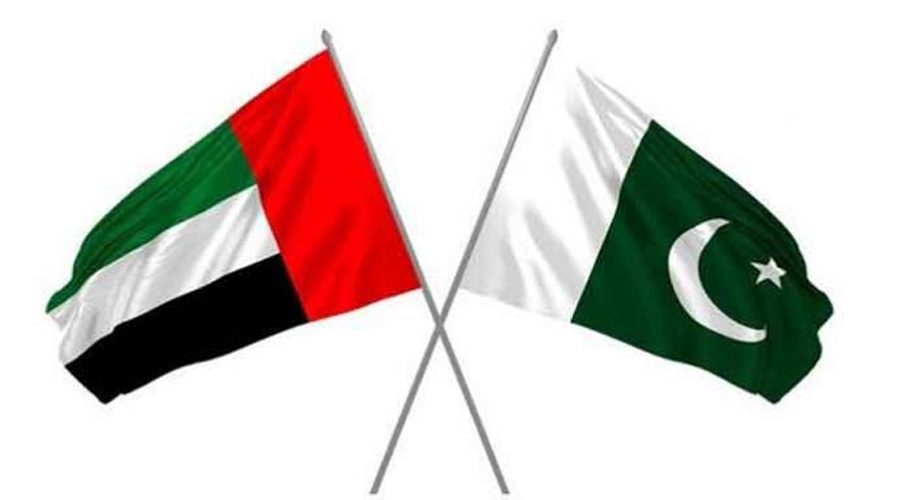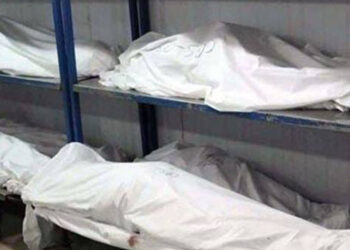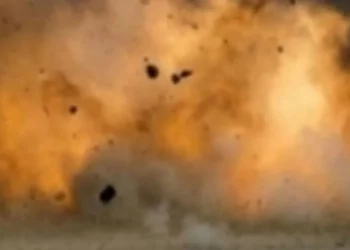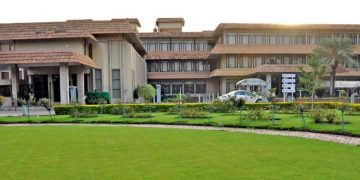The perplexing case of an 18-year-old girl’s tragic death in Kohistan has raised unsettling questions about the circumstances surrounding the incident. Contrary to initial reports hinting at the involvement of a local jirga, DSP Mukhtiar Ahmed has clarified that the young girl met her demise on the orders of her own family, specifically her paternal and maternal uncles.
“I want to clear that it was not a national or a local jirga. It was their family members, like the paternal uncle and maternal uncle, at home where this incident happened,” Ahmed stated in an interview, shedding light on the familial aspect of the circumstances surrounding the girl’s death.
Earlier accounts had suggested that the girl was allegedly killed following a decree issued by a local jirga, condemning her for appearing in a picture on social media. While the authenticity of the photo is yet to be confirmed, human rights activists express concerns, citing past instances where such decrees were issued by jirgas.
The police have acted swiftly, arresting the victim’s father and registering a complaint that includes charges of premeditated murder and punishment after the waiver of qisas. This tragic incident serves as a chilling reminder of the 2012 video scandal in the same region, where several individuals faced fatal consequences after being seen dancing and clapping in a video.
DSP Ahmed, speaking via audio link, assured that the members of the house responsible for the girl’s death have been identified, and police teams are actively pursuing their arrest along with other suspects.
Human rights activists, present on the show, denounced the incident as a “premeditated murder,” with calls for the state to become a complainant in the case. However, concerns about a potentially flawed justice system were raised, citing a recent acquittal of suspects in the 2012 video scandal case due to a purported lack of evidence.
DSP Ahmed, countering these concerns, emphasized that the state is the complainant in the current case, ruling out the possibility of a settlement. Human rights activist Farzana Bari, though, pointed out the challenges faced by the justice system, especially in cases related to women, referencing the release of a murderer in the Qandeel Baloch case despite police being the complainant.
As the investigation unfolds, DSP Ahmed confirmed sending the photos and a letter to the FIA Cyber Crime Cell for further examination. The focus is on understanding how the photos were edited, went viral, and identifying the source of their upload. Reports are expected in the coming days, leading to the registration of a case based on the findings.



































